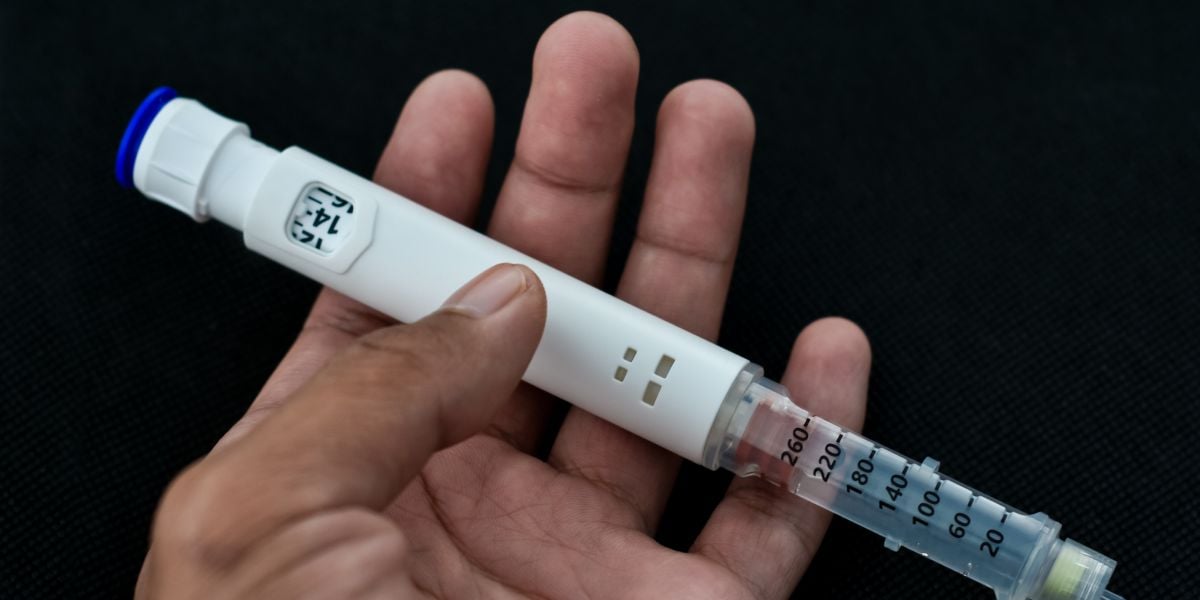Managing type 1 diabetes is “far more complex than counting carbs”, new evidence has demonstrated.
Researchers from the University of Bristol have found that there is no ‘one size fits all’ approach to managing and treating type 1 diabetes, with the condition affecting everyone differently.
Automated insulin delivery (AID) systems can miss crucial information required for glucose regulation because of several factors that affect blood glucose levels, not just counting carbohydrates, the study has reported.
During the trial, the team of researchers looked at the insulin needs of people with type 1 diabetes using the AID system ‘OpenAPS’.
- Major international study into type 1 diabetes in children drawing to a close
- New treatment to transform type 1 diabetes care
- Caution urged for off-label glucose-lowering drugs in type 1 diabetes
First author Isabella Degen said: “The results support our hypothesis that factors beyond carbohydrates play a substantial role in euglycemia – the state when blood glucose levels are within the standard range.
“However, without measurable information about these factors, AID systems are left to adjust insulin cautiously with the effect of blood glucose levels becoming too low or high.”
Type 1 diabetes is a condition where your body cannot make a hormone called insulin. Insulin helps your body use glucose (sugar) for energy.
Without insulin the level of glucose in your blood becomes too high.
If you have type 1 diabetes, you’ll need to take insulin every day to manage your blood glucose levels, either through daily injections or a pump.
To prevent rising blood glucose levels, it is vital to match your insulin dose with your carbohydrate intake.
Alongside counting your carbohydrates, insulin needs are also affected by hormones, exercise and stress impact, the research has revealed.
Isabella Degen noted: “Our study highlights that managing type 1 diabetes is far more complex than counting carbs.
- Ticks are helping pave the way for new type 1 diabetes treatments
- Bacterial infection could bring on type 1 diabetes
- Children whose mothers have type 1 diabetes less likely to have condition than if their father does
“The richness of insights that can be gained from studying AID delivery data is worth the effort it takes to work with this type of real-life data.”
She added: “What surprised us most was the sheer variety of patterns we observed, even within our relatively small and homogenous group of participants. It’s clear that when it comes to diabetes management, one size doesn’t fit all.
“We hope our results inspire further research into lesser-explored factors that influence insulin needs to improve insulin dosing.”
Read the full study in the journal JMIRx Med.





